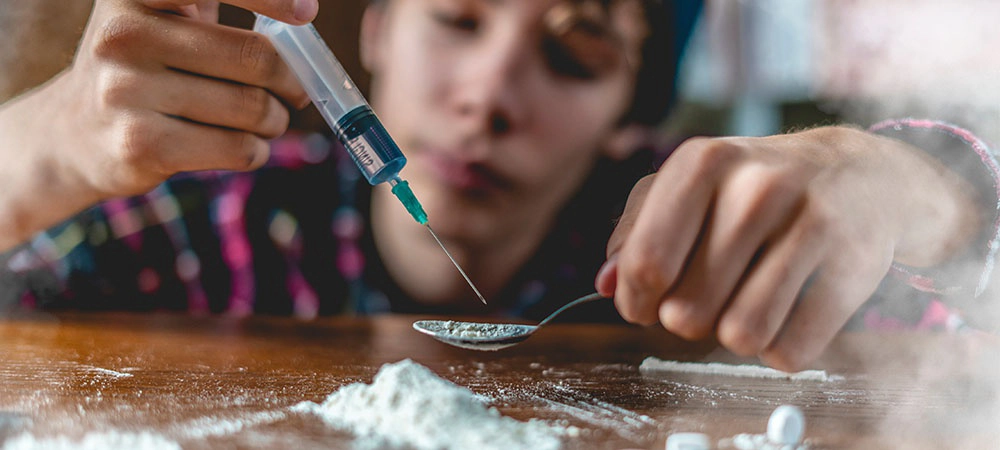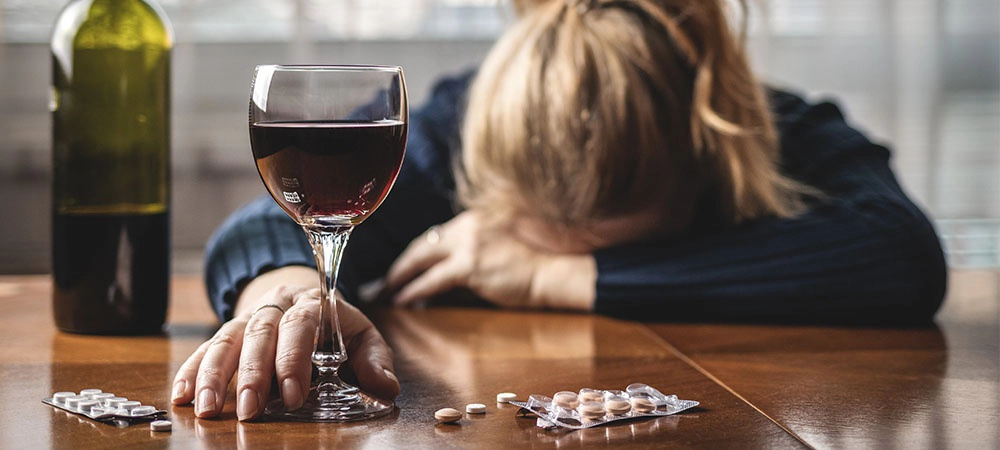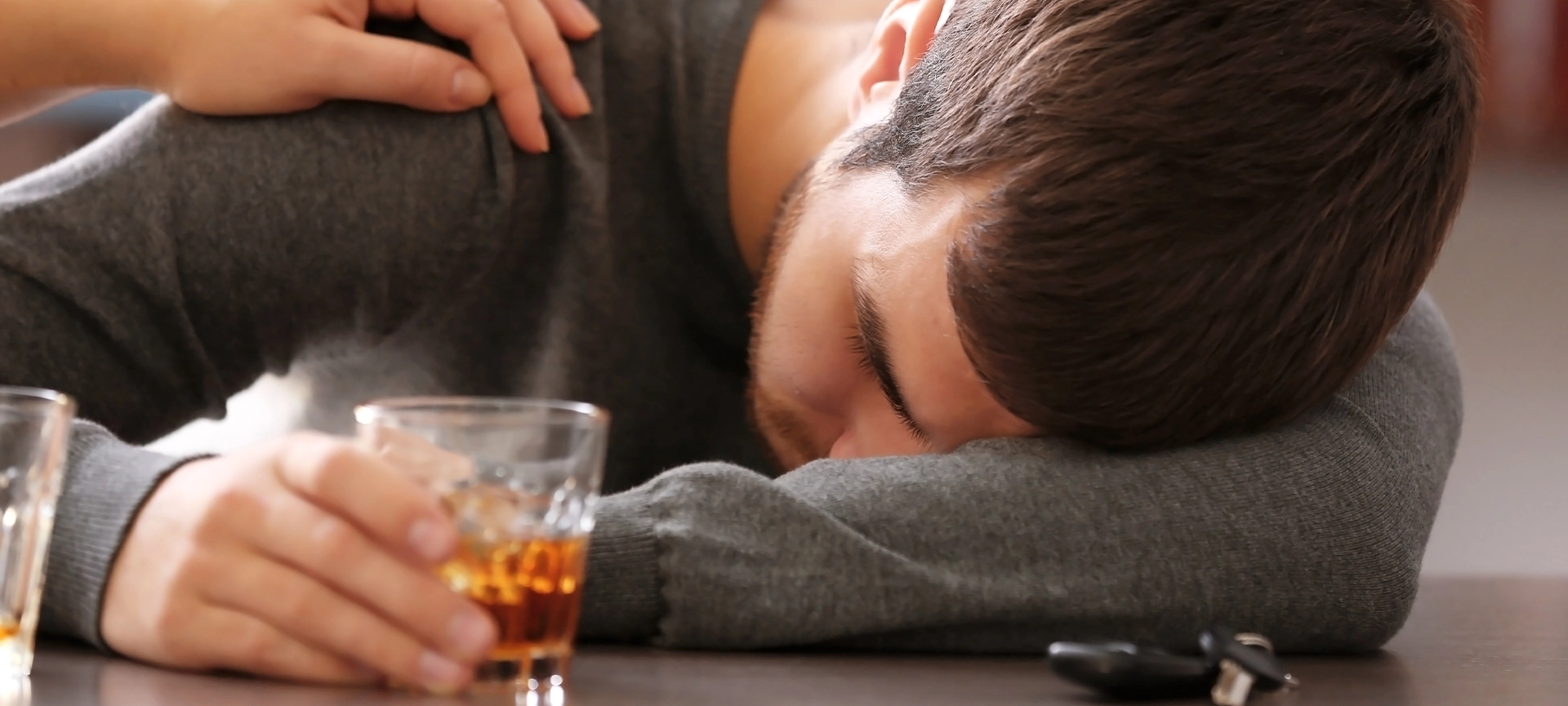What is the Difference Between In-patient Addiction Treatment and Out-patient Addiction Treatment? Toronto, Ontario
When you or your loved one have decided that it is time to tackle your addiction, it will be necessary to receive assistance in doing so. Whether you are battling with drug abuse or alcohol abuse the focus is rehabilitation with the ultimate goal of long-term rehabilitation. When it comes to participating in a rehabilitation program, the two potential directions or either in-patient addiction treatment to outpatient addiction treatment.
Outpatient Addiction Treatment
Out-patient treatment is defined as less structured compared to in-patient programs, this is because though individuals are receiving medical attention and assistance through their rehabilitation, they do not spend the night. Since you don’t spend the night with outpatient treatment, the factor of temptation comes into play since the around-the-clock supervision is absent. In this case, there is no one to dismiss the potential use or relapse of drug or alcohol use. Out-patient treatment can include temporary hospitalization which can involve up to a 6-hour treatment period per day, each day of the week.
Inpatient Addiction Treatment
In-patient addiction treatment is the process that requires the addicted individual to be admitted into a treatment facility as it is a controlled environment, absent of temptations and triggers to allow for a successful detoxification and rehabilitation journey. Here at Addiction Rehab Toronto, we offer 30, 60, and 90-day in-patient addiction treatment programs, with the addition of an aftercare program. During the duration of admittance to the in-patient program, individuals will live in a residential treatment facility. Residing in the facility involves around-the-clock emotional and medicinal guidance and support from our staff which includes professional therapists, addiction counsellors, substance abuse specialists, and mentors for our patients.
Stages of Addiction Toronto, Ontario
The stages of the addiction process can vary but to sum it up you have clear stages which help determine that you are addicted or on your way to dependency. These stages include:
- The initial use of drugs or alcohol
- Experimentation of drugs or alcohol
- Building a tolerance with regular usage
- Dependency on drugs or alcohol
- Addiction
- Treatment Required/Relapse

Initial Use of Drugs or Alcohol
The initial use of drugs or alcohol is the first stage of addiction; this is the beginning where a potential addiction initiates as it is the very first time an individual tries a substance.
Experimentation with drugs and alcohol is common among the population including those in adolescence as peer pressure plays a role. Teenagers are also susceptible to drug and alcohol addiction because, at a younger age, the brain is yet to be developed to completion. This indicates the likelier chance of a teenager to experiment without considering long-term effects since the area of the brain which is yet to be developed is the decision-making portion.
It is important to note that just because an individual tries a drug or alcohol it does not mean they are certain to develop an addiction. Some factors can influence initial contact with drugs or alcohol which may include family atmosphere and history of drug usage, peer pressure, drug availability, and mental health conditions.
Experimentation of Drugs and Alcohol
The experimental stage involves the growing curiosity where an individual has moved past their first time trying a substance and moving on to trying it more in different atmospheres and different types of substances to see how it makes them feel in different scenarios of life. This can include an urge to relax after a long day or to make a party better especially those in adolescence. At this point there will likely be no cravings for the use of the drug and the individual can make an executive decision to use the substance or not.
Building a Tolerance with Regular Usage
When an individual has been using or abusing substances, alcohol, or prescription drugs for an extended period, this is when the substance can alter the brain’s tolerance levels. This will lead the individual to increase the dosage they abuse or abuse the substance more frequently to ensure the maintenance of their “high”, which will work for a bit, but then the tolerance will increase again, and the increase cycle will be repeated. This will result in heavy substance abuse. An individual’s tolerance will indicate the brain’s response and changes as a result of the drugs abused.
Dependency on Drugs or Alcohol
The brain will become dependent on drugs or other substances to function properly daily. When the brain and body have grown dependent on chemical substances an individual will find it extremely difficult to feel any kind of pleasure without the assistance of the drug or alcohol.

Addiction
When an individual has developed an addiction, the drugs and alcohol they abuse are not a choice they are consciously making, at this point the substance abuse is a natural response. Individuals will not be able to function without the use of substances and their body now requires these substances to survive. Those who are addicted no longer have any control over the decisions they make and they require intervention and treatment.
Treatment
Those who are addicted to drugs, alcohol, other substances, or any other type of addiction need intervention and treatment. The addicted individual no longer has any control over the decisions they make except for the action of abusing these substances and they need medical intervention and support to break free of this hold on their life.
When is the Right Time for an In-patient Addiction Treatment Centre? Toronto, Ontario
Any of the stages above can be considered the right time for in-patient addiction treatment. Most likely at the point where tolerance levels change and the usage of alcohol or substances increases to accomplish a fix, is a point of concern where a change needs to be made to avoid addiction. At any point in time someone’s addiction, whatever stage they are in, is the right time to intervene. Wherever you are in your addiction, the point where you or your loved one decides to conquer your substance abuse is the right time to get help.
At Addiction Rehab Toronto our approach for in-patient addiction treatment is to use a wide variety of methods and recovery techniques to strive toward sobriety. Different options work for different people, and our methods are tailored to what will best help you through your recovery. Addiction treatment plans are monitored and adjusted as it is required through the in-patient process and aftercare.
The Addiction Treatment Methods and Techniques That We Use Include the Following:
- One-on-one counselling
- Group counselling sessions
- Family counselling
- Meetings with social workers
- Recreational activities
- Relapse prevention
- Abstinence-based treatment
- Mindfulness-Based Stress Reduction (MBSR)
- Cognitive Behavioural Therapy (CBT)
- Dialectical Behavioural Therapy (DBT)
- Meditation
- Life skills
- Anger management
- Nutrition, physical fitness, and health/wellness
- Leadership training
- Sober living
- Art therapy
- Music therapy
- Self-portrait photography
- Introduction to the “Twelve Steps” program

Below is a sample of a hypothetical schedule of a patient who is a resident at Addiction Rehab Toronto, though this is not the schedule of every resident because every individual is different.
08:30 am – Wake up
09:00 am – Breakfast
09:30 am – Chores
10:00 am – Daily Reflections
11:00 am – Mindfulness-Based Stress Reduction (MBSR) Group
12:00 pm – Lunch
12:45 pm – One-on-One Counselling
02:00 pm – Yoga and Meditation
03:00 pm – Relapse Prevention Group
04:00 pm – Mandatory Fitness
05:00 pm – Dinner
06:00 pm – Team Building Activity
08:00 pm – Art Therapy
09:00 pm – Recreational Activity
10:30 pm – Personal Reflection
11:00 pm – Lights Out
…
If you or a loved one want to travel the road to sobriety then become a resident at our in-patient addiction treatment facility. It is important to identify all aspects an addicted individual is suffering from because to achieve long-term sobriety, every aspect must be treated to be fully effective.
At Addiction Rehab Toronto, we can help you with your addiction and every aspect of your addiction. We are will help you on your road to sobriety.
Call us today, we are here to help
FOR IMMEDIATE HELP – CALL US 1-855-787-2424
Or email us at: help@addictionrehabtoronto.ca






